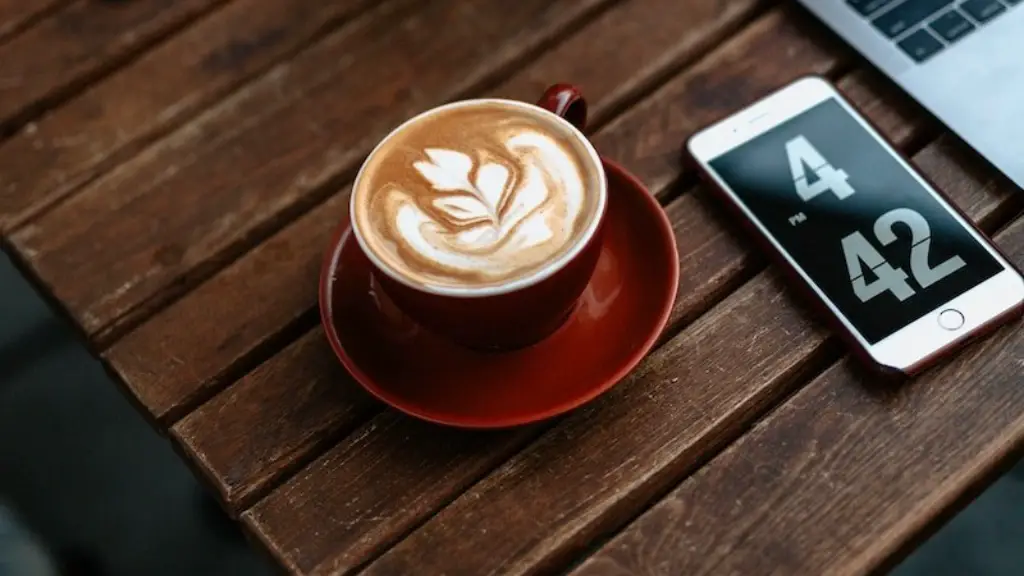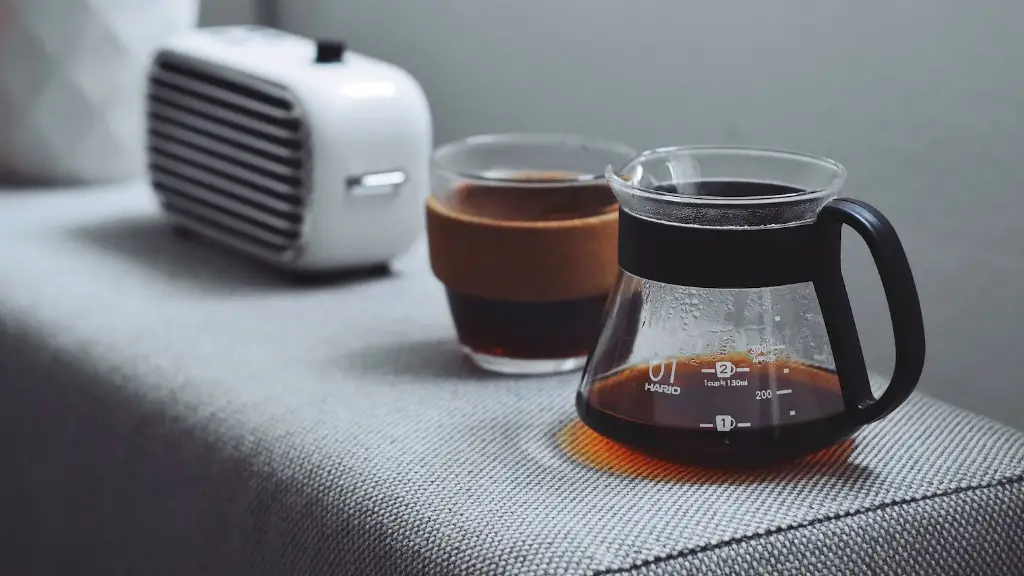What is the Origin of Fasting?
Fasting has been practiced for centuries. It has been used as a form of religious belief, a spiritual practice, or a tool for healing. It can also be used as a weight-loss or wellness journey. A traditional fast often includes abstaining from food and drinks for a certain period of time. But in recent years, fasting has changed and now people are drinking coffee in place of food during their fasting.
People choose to fast for a variety of reasons, including feeling more energized, increasing their focus, reducing inflammation, and managing their weight. Fasting has also been used to treat a variety of health issues. Studies have shown that fasting can inhibit disease processes, reduce oxidative stress, and increase longevity.
What Are the Benefits of Fasting?
Fasting can have a range of physical and psychological benefits. Research suggests that fasting can benefit your health. It can help reduce inflammation and free radical damage, improve insulin sensitivity, and decrease the risk of chronic disease like cancer and diabetes. Fasting can also help reduce stress, boost energy levels, regulate hormones, and help you achieve a healthy weight. Additionally, fasting may help enhance self-control, improve cognitive performance, and increase creativity.
How Does Coffee Affect Fasting?
Coffee is a popular drink and it can be included in a healthy lifestyle. Its health benefits include providing antioxidants, helping to reduce inflammation, and providing energy. Studies have shown that drinking coffee can also increase the benefits of fasting. Drinking coffee during a fast can help to reduce hunger and make it easier to stick to a fasting schedule. It also helps to maintain blood sugar levels and make it easier to stay in a state of fasting while still providing some energy.
However, it is important to note that some studies have found that consuming caffeine during fasting can reduce the health benefits associated with the practice. Therefore, it is important to be mindful of how much coffee is consumed while fasting.
Can I Add Sweeteners to My Coffee?
Adding sweeteners to coffee can be a contentious issue for those who are fasting. For some people, adding sweeteners is permissible and a way to still enjoy coffee without breaking the fast. However, for others, adding sweeteners can contradict the intent of the fast and should be avoided. It is also important to note that some sweeteners can cause an insulin response, which can defeat the purpose of fasting and affect the body’s lipid profile.
How Should I Choose a Coffee During Fasting?
When choosing a coffee during fasting, it is important to select high-quality coffee with minimal additives. It is also important to be aware of factors like caffeine content. Regular and decaf coffees contain different amounts of caffeine, so it is important to know how much caffeine is being consumed while fasting. Additionally, certain types of coffee like espresso or Turkish coffee contain higher amounts of caffeine, so it is important to be conscious of this when selecting the right type of coffee.
Are There Alternatives to Coffee During Fasting?
There are several plant-based alternatives to coffee, such as herbal teas, which can be consumed while fasting. Herbal teas can provide hydration, antioxidants, and other health benefits. Additionally, some people opt for non-caffeinated beverages like green tea, black tea, or hot water with fresh lemon.
What Are the Best Times to Consume Coffee During Fasting?
The best times to consume coffee during a fast will depend on the individual and what their goals are. For those looking to maximize the benefits of fasting, it is best to consume coffee in the early morning or late afternoon before the evening meal. For those wanting to lose weight and reduce insulin levels, it is best to consume coffee at least eight hours before eating. Additionally, it is important to be aware of when you are most likely to become hungry and limit coffee intake near those times to prevent hunger pangs.
What Are the Side Effects of Fasting With Coffee?
When done correctly, fasting with coffee can have many benefits for health, mental clarity, and weight management. However, it is important to be aware of potential side effects. Drinking too much coffee can lead to dehydration, headaches, anxiety, and jitteriness. Additionally, combining caffeine with other substances like alcohol can be dangerous and should be avoided. It is also important to listen to your body and take breaks from fasting when necessary.
Conclusion
Fasting with coffee can be beneficial and provide a way to improve physical and mental health. It is important to be mindful of how much and when coffee is consumed, as well as be aware of potential side effects. Additionally, there are many alternatives to coffee, such as herbal teas, that can be consumed while fasting. Ultimately, it is important to listen to your body and seek medical advice before beginning or changing any fasting protocol.


